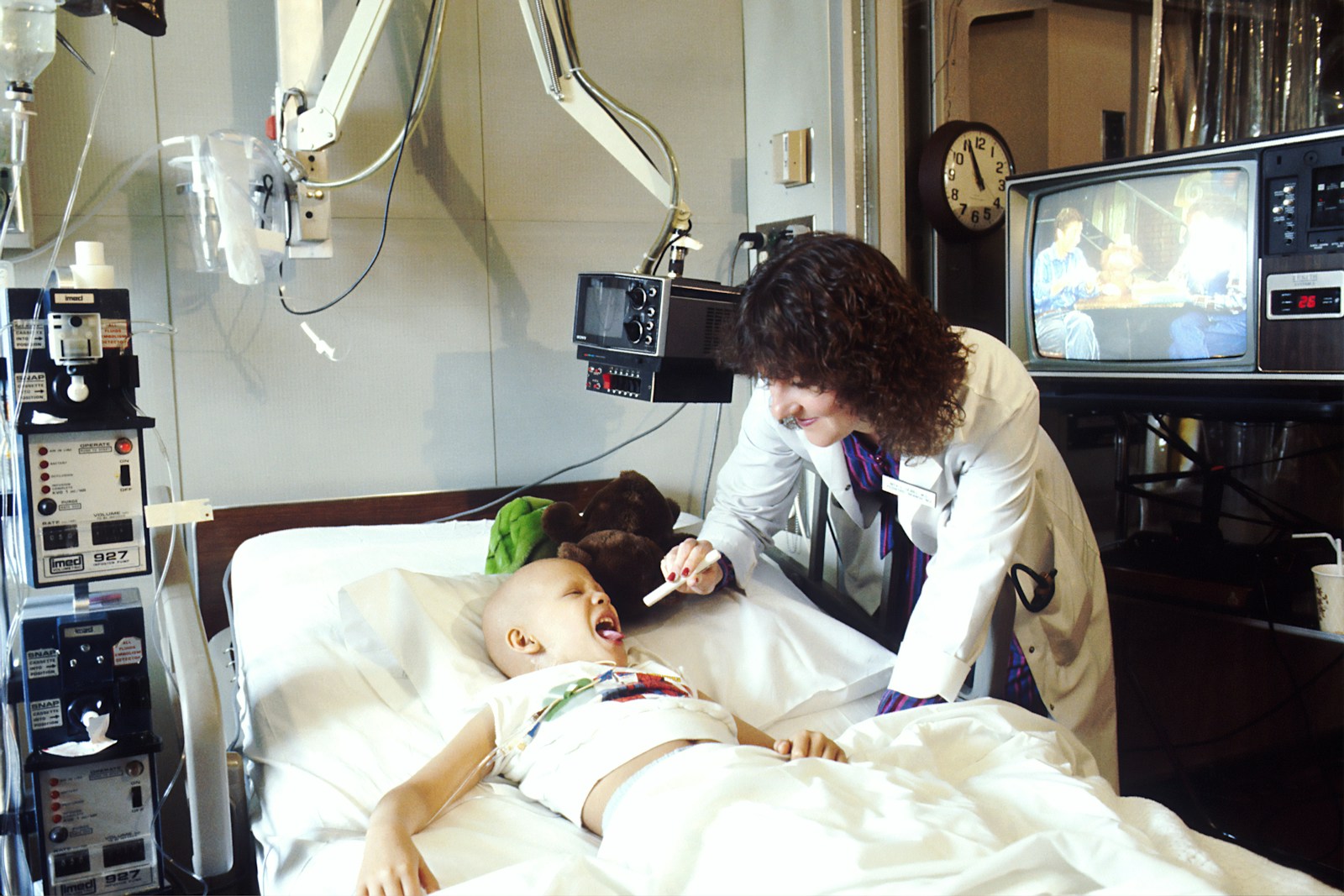
enfant

child
The French word for child is 'enfant'. This term can be used generally to refer to a young person of either sex, although it is technically the masculine form. It can be used in a variety of contexts, such as family, school, or any situation involving children. An additional note is that 'enfant' does not change its form for singular or plural - 'les enfants' would mean the children.
Example sentences using: enfant
C'est un bel enfant.

He's a beautiful child.
This sentence means 'He's a beautiful child.' in English. Here, 'bel' is an adjective that means 'beautiful', and 'enfant' is the French word for 'child'.
Il est encore un enfant.

He is still a child.
This sentence translates to 'He is still a child.' in English. 'Encore' is the French word equivalent to 'still' in this context.
Mon enfant est studieux.

My child is studious.
This sentence can be directly translated as 'My child is studious.' Here, 'Mon' means 'My', and 'studieux' means 'studious'.
L'enfant lit un livre.

The child is reading a book.
This phrase translates as 'The child is reading a book.' in English. 'Lit' is the French verb that corresponds to the action of reading.
La mère et l'enfant sont heureux.

The mother and the child are happy.
This sentence means 'The mother and the child are happy.' in English. The word 'heureux' translates as 'happy'.
Cet enfant est très intelligent.

This child is very intelligent.
The phrase 'Cet enfant est très intelligent.' translates as 'This child is very intelligent.' in English. 'Très' is used here to intensify the adjective 'intelligent'.
L'enfant joue au parc.

The child is playing in the park.
Directly translated, this will be 'The child is playing in the park.' Here, 'joue' corresponds to the verb 'play' and 'au parc' means 'in the park'.
L'enfant dessine un chat.

The child is drawing a cat.
This sentence means 'The child is drawing a cat.' in English. In this sentence, 'dessine' represents the action of drawing and 'un chat' means 'a cat'.
Votre enfant est adorable.

Your child is adorable.
This sentence translates to 'Your child is adorable.' in English. 'Votre' means 'your' and the adjective 'adorable' is the same in both languages.
L'enfant a faim.

The child is hungry.
This phrase translates as 'The child is hungry.' in English. The definite article 'l'' combines with 'enfant' to mean 'the child', and 'a faim' translates as 'is hungry'.